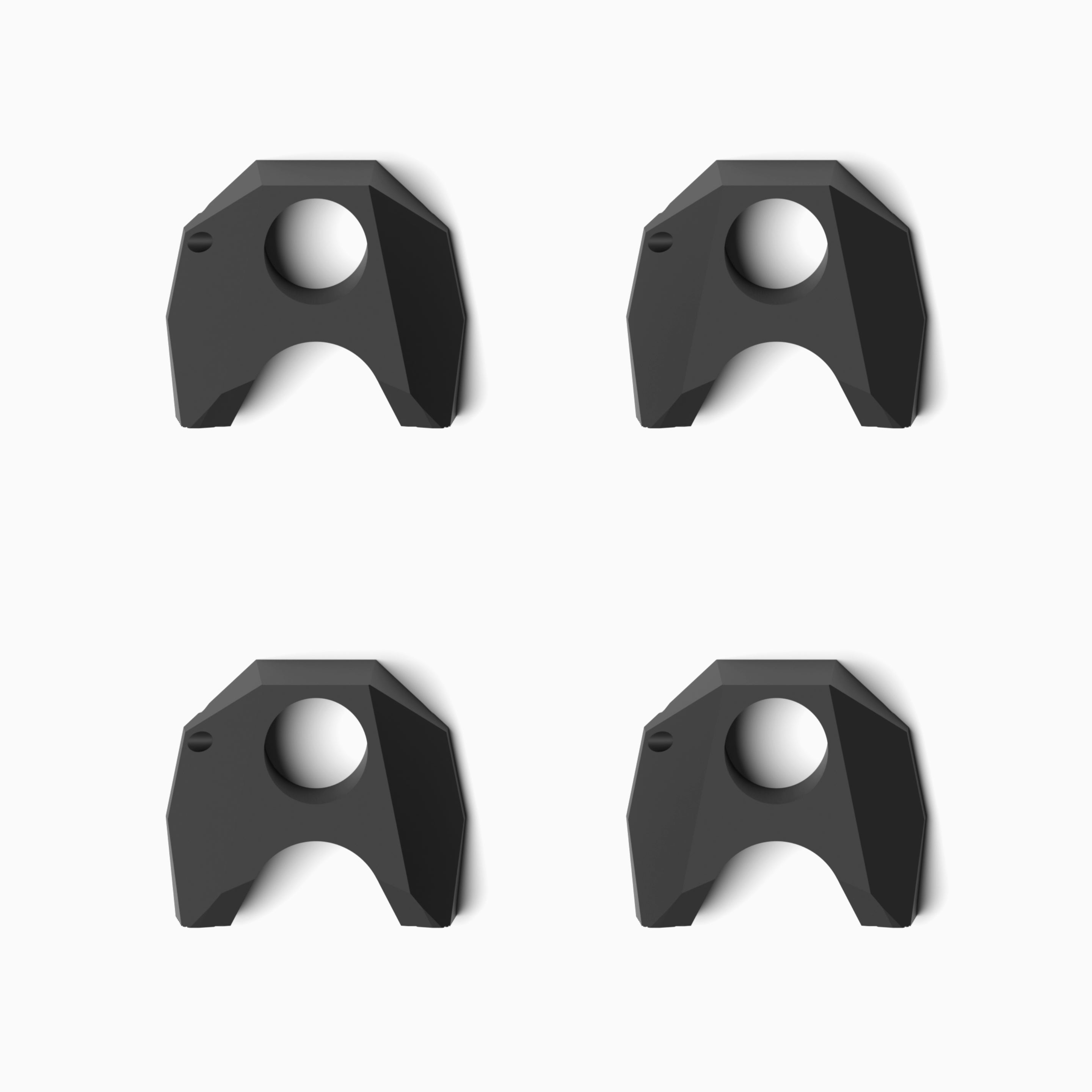In recent years, the “manosphere” has grown from a fringe online community into a widespread digital ecosystem. It spans forums, YouTube channels, podcasts, and social media accounts, all centered around discussions of masculinity, gender roles, and male self-improvement. While some corners of this space offer valuable advice on mental health, fitness, and purpose, the manosphere has increasingly drawn criticism for fostering toxic attitudes toward women and aligning with far-right ideologies.
The growing concern about these dynamics has entered mainstream awareness, most recently through Netflix’s limited series "Adolescence". The show follows the story of a teenage boy entangled in a violent act and explores how online radicalization, incel culture, and toxic masculinity can shape the identities and actions of young men. Though fictional, Adolescence paints a chillingly realistic portrait of how the manosphere’s narratives can lead to devastating real-world consequences.
This article aims to explore the manosphere with nuance, recognizing the unmet needs that draw many men into it, while also offering a critical and constructive examination of its more dangerous aspects.
Understanding the Appeal
At its core, the manosphere presents itself as a response to what some men perceive as a society that no longer values or understands them. Feelings of disconnection, economic instability, and shifting gender norms have left many young men searching for guidance and identity.
The manosphere steps into that vacuum, offering seemingly simple answers: reclaim masculinity, reject societal weakness, and pursue dominance, success, and self-mastery. For some, these messages are motivating and help instill discipline or confidence. It’s important not to dismiss this entire population as misogynistic or dangerous, many are simply seeking support in a world that hasn’t taught them how to navigate vulnerability or purpose in healthy ways.
When Guidance Becomes Gatekeeping
However, what begins as a self-improvement journey often turns into a closed ideological loop. Once inside, men are frequently exposed to rhetoric that positions women as adversaries, paints feminism as a threat, and glorifies a hierarchy where dominance is equated with worth.
Critical thinking and empathy are often discouraged. Instead, the content tends to rely on emotional appeals—anger, fear, and resentment—rather than dialogue. Echo chambers form easily in these spaces, reinforcing extreme beliefs over time and isolating individuals from diverse perspectives or constructive feedback.
The manosphere also frequently centers the idea of “red pill” truth, borrowed from The Matrix, which implies that the “real world” is hidden behind lies perpetrated by modern society. This narrative primes individuals for radicalization by framing dissenting voices as naive or manipulative, leaving little room for introspection or compromise.
The Slippery Slope Toward Right-Wing Extremism
Perhaps the most concerning trend is how involvement in the manosphere often leads individuals toward broader right-wing ideologies. Studies and anecdotal reports* have shown that once a person is immersed in this ecosystem, they are more likely to be introduced to conspiracy theories, anti-immigration rhetoric, climate change denial, and authoritarian political figures.
This ideological drift doesn’t happen by accident. Many content creators within the manosphere overlap with figures in far-right networks, strategically blurring the lines between “men’s issues” and nationalist or reactionary politics. The grievances discussed—economic disenfranchisement, social alienation, cultural confusion—are real. But instead of offering systemic solutions or empathy, these spaces frequently scapegoat marginalized groups and promote division.
A Constructive Alternative
The antidote to the toxic side of the manosphere is not mockery or silencing, but the creation of inclusive, affirming spaces where men can discuss their struggles without turning to misogyny or authoritarianism. We need cultural spaces where emotional intelligence, vulnerability, and mutual respect are celebrated as strengths, not dismissed as signs of weakness.
Mental health services, mentorship programs, and educational initiatives that challenge outdated gender norms while acknowledging male-specific challenges are essential. Healthy masculinity should be about agency, care, and integrity—not about control or dominance.
Final Thoughts
Criticizing the manosphere is not about silencing men. It’s about recognizing that too many are being offered warped versions of masculinity that ultimately isolate them and do real harm, to themselves, to others, and to the societies they live in.
"Real empowerment doesn’t come from blaming others or clinging to rigid roles. It comes from connection, critical reflection, and the courage to grow."
*Here are several reputable studies and reports that examine the connection between the manosphere and the adoption of far-right ideologies:
-
“Are Anti-Feminist Communities Gateways to the Far Right? Evidence from Reddit and YouTube”
This study analyzes over 300 million comments from Reddit and YouTube, revealing significant user migration from anti-feminist communities within the manosphere to alt-right groups. The research indicates that participation in manosphere communities increases the likelihood of engaging with far-right content.
-
“Making a Radical Misogynist: How Online Social Engagement with the Manosphere Influences Traits of Radicalization”
This paper examines how engagement with manosphere communities on Reddit influences users’ language and outlook, fostering traits associated with radicalization. The findings suggest that even minimal participation can significantly impact a user’s behavior and beliefs.
-
“Antifeminist, Manosphere and Right-Wing Extremist Sentiment Among Young Men”
This research highlights how the manosphere exploits young men’s discontent, channeling it into antifeminist and right-wing extremist sentiments. The study emphasizes the role of online communities in shaping and reinforcing these ideologies.
-
“The Manosphere and Politics”
This article discusses the overlap between the manosphere and far-right political movements, noting that misogyny within the manosphere aligns with broader alt-right ideologies. The research suggests that the manosphere serves as a recruitment ground for far-right groups.
-
“Mapping the Ideological Landscape of Extreme Misogyny”
This report explores the convergence of misogynistic and male supremacist ideologies within the manosphere and their overlap with far-right movements. It provides a comprehensive analysis of how these interconnected ideologies propagate online.
-
“The Manosphere, Rewired: Understanding Masculinities Online and Pathways for Healthy Connection”
This report examines how the manosphere provides clear, albeit harmful, messages around gender roles, appealing to young men seeking identity and connection. It also discusses the potential for these messages to lead to extremist beliefs.
These studies collectively underscore the significant role the manosphere plays in influencing young men and potentially steering them toward far-right ideologies. They highlight the importance of understanding and addressing the dynamics within these online communities to mitigate the spread of extremist beliefs.














Share:
Beyond the Illusion of Power: Rethinking Masculinity in the Age of Steroids and Status